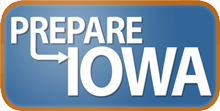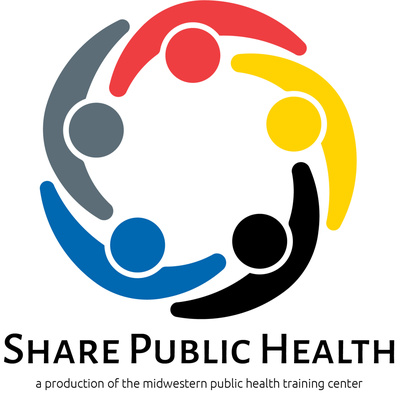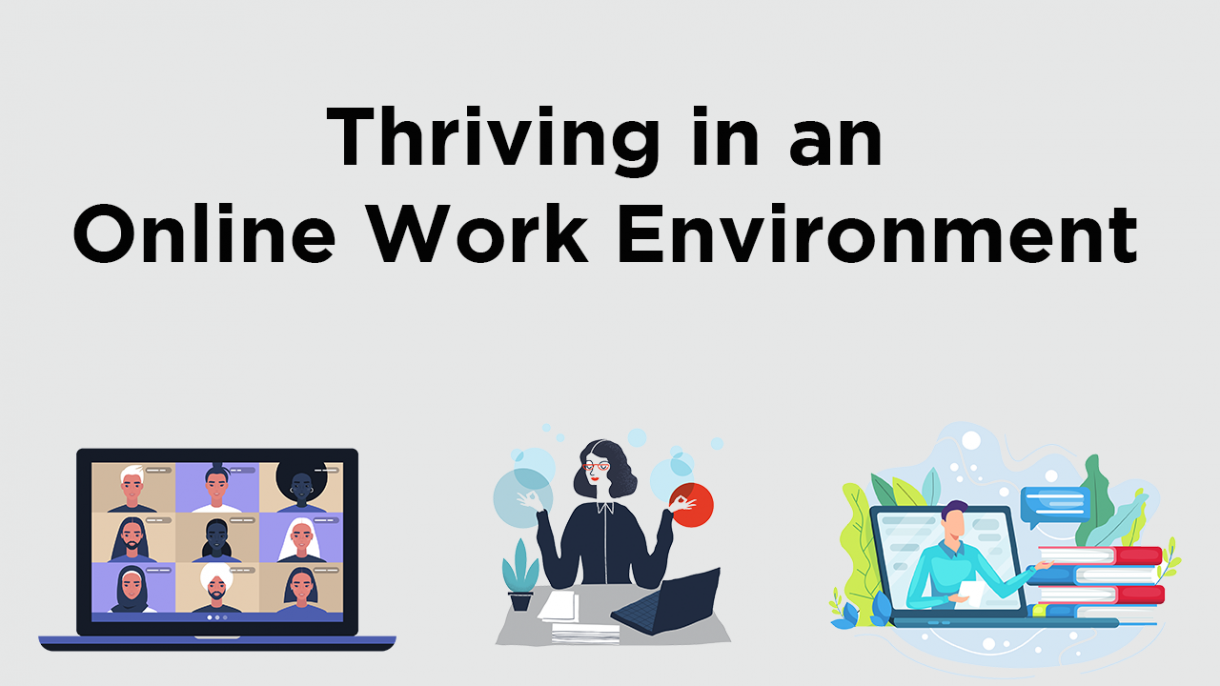Provider: Iowa Department of Public Health, Upper Midwest Preparedness and Emergency Response Learning Center
Description: This self-paced, online course includes information on how to handle spontaneous volunteers, the use of volunteer agencies, the Medical Reserve Corp, and DMATs, the process of recruiting, screening, and training volunteers, volunteer retention, and licensure and privileging and liability issues.
Learning Objectives:
After successfully completing this course, you will be able to:
- List activities that can potentially utilize public health volunteers in both emergency and non-emergency situations.
- List how volunteers can potentially be used in each of the 4 phases of an emergency management cycle of a public health emergency.
- Describe the difference between affiliated volunteers, non-affiliated volunteers and spontaneous volunteers.
- Describe the challenge of spontaneous volunteers and strategies for dealing with them.
- Describe how the issues of licensure and privileging may impact volunteers and their use.
- Describe the Emergency System for Advance Registration of Volunteer Health Professionals and its advantages.
- Describe liability laws protecting volunteers in Iowa.
- Explain how to minimize risk of liability when using volunteers.
- Describe resources that can provide volunteers in a public health emergency (VOLAGs, Medical Reserve Corps, DMATs)
- Communicate effectively with public and professional community to provide information about volunteer opportunities, both before and during an emergency.
- Maximize volunteer retention, throughout all phases of an emergency management cycle, and in terms of availability for future events.
- Perform necessary administrative tasks when preparing to deploy volunteers in a public health emergency (i.e., training, orientation, matching volunteers to tasks).
- Recognize possible adverse effects of working in disaster areas on mental health; take steps to minimize volunteers' risk of developing these problems.
- Describe strategies to maximize volunteer retention.
Target Audience: Public health agencies in Iowa who may need to use volunteers in both emergency and non-emergency situations
Time Requirement: 1.75 hours
Access at Volunteer Management for Public Health
Download this information (PDF format)




